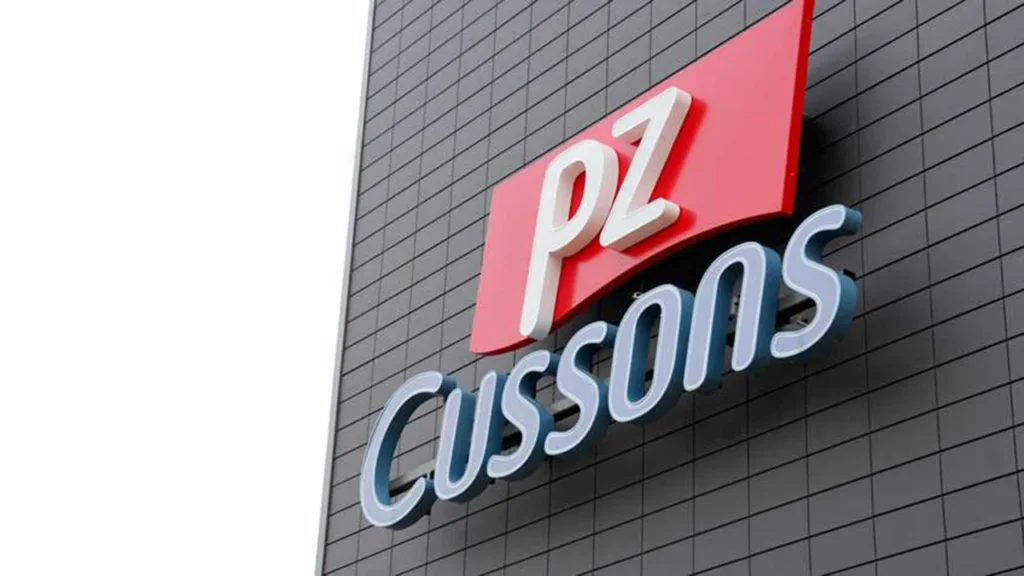PZ Cussons, the British manufacturer behind household brands such as Imperial Leather, Carex, and cooking oils, has initiated plans to divest its Nigerian subsidiaries, either entirely or partially. This strategic pivot responds to a severe 70% depreciation of the naira, rampant inflation exceeding 30%, and restricted foreign currency access. These dynamics have turned the Nigerian operations into a liability rather than an asset. Executive leaders emphasize the need to streamline risk and focus resources on stronger markets.
Financial Decline Spurs Exit Strategy
In the fiscal year ending May 2024, PZ Cussons recorded a staggering £107.5 million foreign exchange loss tied to Nigerian liabilities. Its Nigerian arm slid from a profit position in 2022 to a deep loss in 2023/24, while liabilities began to exceed assets. Market instability and shifting macroeconomic conditions made the subsidiary financially unsustainable, prompting a strategic decision to divest and realign the group’s global balance sheet.
Buyer Interest Affirms Core Brand Endurance
Despite turmoil, the company received multiple bids for its Nigerian and broader African units, confirming that brands like Mamador, Morning Fresh, and household healthcare products retain market value. These bids include offers for both full divestment and selective asset sales. The interest indicates that global and regional investors still see long-term potential in Nigeria’s consumer market—even amid short-term volatility.
Early Exit Deal Focuses on Palm Oil Venture
A firm step in the divestment process occurred in mid-2025: PZ Cussons reached agreement to sell its 50% stake in PZ Wilmar Limited, the joint venture behind Mamador and Devon King cooking oils, to its partner Wilmar International for $70 million. Wilmar will take full operational control, marking PZ Cussons’ exit from edible oils in Nigeria. The deal aims to close by the end of 2025, ensuring operational continuity and preserving brand presence under new ownership.
Rising Multinational Pullback from Nigeria
PZ Cussons joins a growing wave of global consumer and pharmaceutical firms withdrawing from or scaling down Nigerian operations. This broader trend reflects mounting challenges across foreign exchange, supply chain disruptions, and unstable operating environments. Companies like Unilever, GSK, Bayer, and Diageo have also reduced exposure—citing similar economic pressures and unpredictability.
Corporate Intent: Debt Reduction and Streamlined Focus
Company executives confirmed they will channel proceeds from any sale into debt reduction and portfolio optimization. This repositioning streamlines the business toward higher-margin markets such as the UK and Europe, where the personal-care division continues to post steady growth. Concurrently, PZ Cussons is moving forward with a plan to divest other non-core assets, including the self‑tanning brand St Tropez.

Public Sentiment Mirrors Financial Reality
Investor forums and community observers across social platforms echo skepticism about deploying new capital into Nigeria’s volatile economy. Public comments describe the firm’s African portfolio as overly complex and fragile, bearing the brunt of currency devaluation and financial loss. These sentiments reflect broader fatigue with unmitigated macroeconomic instability.
Implications for Brands, Consumers & Staff
With over a century of presence in Nigeria, PZ Cussons holds deep consumer brand recognition. An exit raises questions about brand stewardship, continuity of product availability, and workforce displacement. In the case of PZ Wilmar, Wilmar International appears set to take over responsibility in domestic cooking oil markets, potentially aiding a smoother transition.
Governance and Regulatory Constraints During Exit
PZ Cussons previously sought to privatize its Nigerian arm and delist from local stock exchanges by acquiring remaining minority shares. Regulators declined the proposed acquisition terms, insisting on fair valuation and stakeholder protection. Despite that setback, the group continues to operate locally and pursue divestment via structured governance protocols.
Is Nigeria Still an Opportunity?
Although PZ Cussons retreats, Nigeria’s demographic momentum still attracts buyers. Investors like Wilmar and Olam maintain expansion strategies here. PZ Cussons has signaled potential future re-entry—should macroeconomic stability return, but only under conditions that offer currency resilience and operational predictability.
Conclusion
PZ Cussons’ decision to exit its Nigerian business reflects a pragmatic response to severe financial headwinds. By shifting out of a market undermined by currency collapse and operational risk, the company aims to protect shareholder value while simplifying its global footprint. The emerging deal with Wilmar illustrates a methodical approach to divestment—balancing financial retrenchment with continuity in legacy operations.
Let me know if you’d like the next headline rephrased similarly—I’m ready with the same depth and readability.







